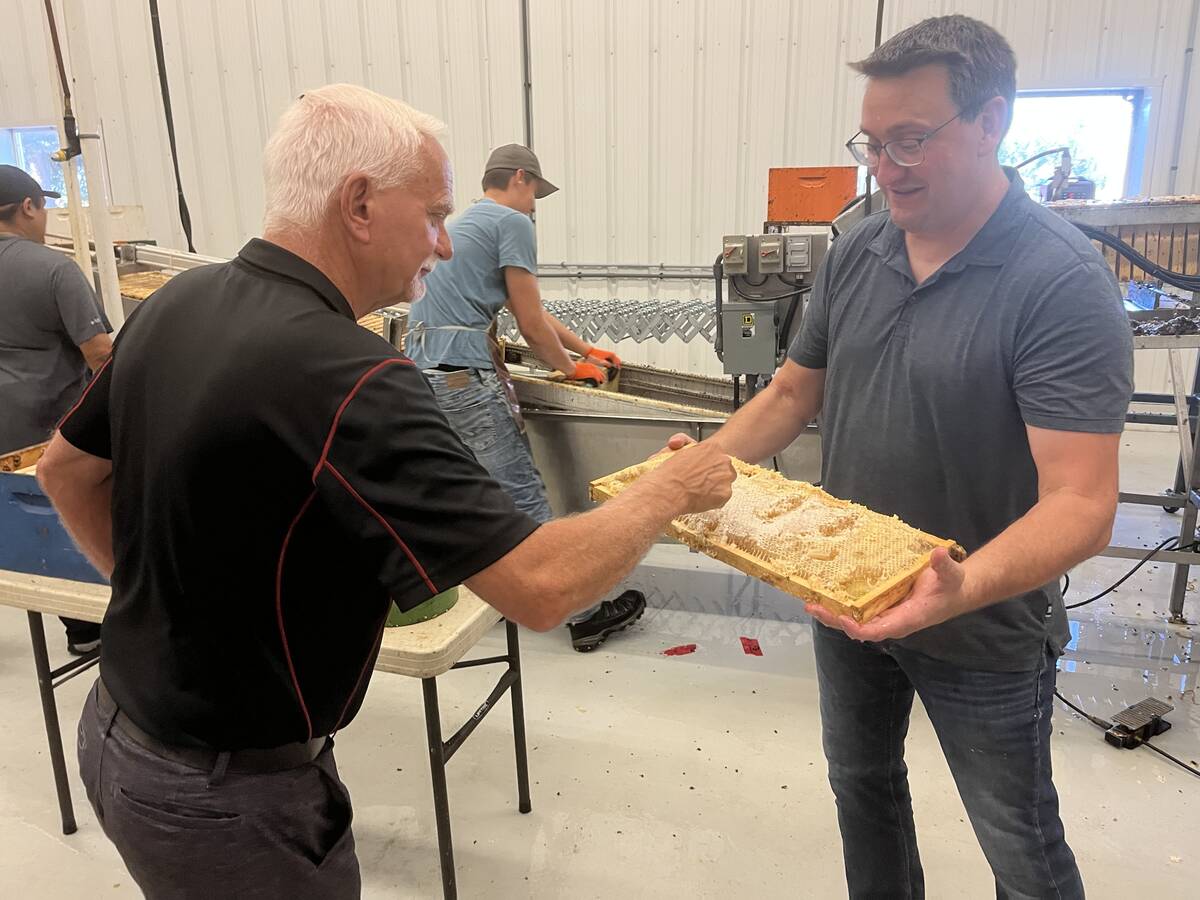Q: Recently I received an e-mail warning of the dangers concerning dioxins absorbed into foods cooked in plastic wrap or plastic containers. Also it warned about freezing water bottles for the same reason. This got me wondering about the safety of freezing margarine containers, ice cream pails or the heavy plastic drinking bottles for storing fruits, vegetables and juice in the freezer. Would dioxins from the plastic be absorbed into the food?
A: There are at least two versions of this e-mail rumour. One is about a Dr. Edward Fujimoto from the Castle Hospital in Hawaii who said that plastic containers released dioxins when heated in the microwave and should not be used. He said that Corning ware and other treated glass should be used instead, and that TV dinners should be taken out of the plastic containers before heating. The second version concerns a Grade 7 student who did experiments with microwaved food that had been wrapped in plastic, and allegedly found carcinogens and other toxins in the food after cooking.
Read Also

Alberta honey business ‘thrives’ despite bumpy beginnings
Thrive Honey showcases its honey production in market where Alberta produces 40 per cent of all honey produced in the country
Your concern is understandable because dioxins are dangerous both to humans and the environment, and measures have been taken to control them in many countries around the world.
They are produced by burning plastic at high temperatures. They can also be a product of burning fuels like coal, wood and oil and even occur naturally from volcanic eruptions and forest fires. We are all exposed to them daily in the air and in the food that we eat.
It is quite possible that the seventh grader did find traces of toxins in the food, but were the foods tested before microwaving? The chemical could have been present even before cooking.
There does not appear to be any reputable research that shows that microwaving or freezing plastics results in dioxins being released into the food. No one seems able to produce the actual study done by the seventh grader. The makers of Saran Wrap say their plastic is derived from naturally occurring citric acid and is dioxin free. They said a combination of chlorine and high temperatures are needed to produce dioxins.
There has been at least one study on the use of bleached paper, including milk cartons, where chlorine was used in the manufacturing process and which could possibly release dioxins when heated, but the level of these substances was described as safe. This was in a U.S. Food and Drug Administration publication, which I consider a reputable source.
There is absolutely no evidence that freezing plastic containers could possibly result in dioxins contaminating food or water. There is no need for you to change your food storage methods.
If anyone is interested in verifying an e-mail rumour, you can visit the website www.truthorfiction.com.
Clare Rowson is a retired medical doctor with a practice near Belleville, Ont. Her columns are intended for general information only. Individuals are encouraged to also seek the advice of their own doctor regarding medical questions and treatments.
















